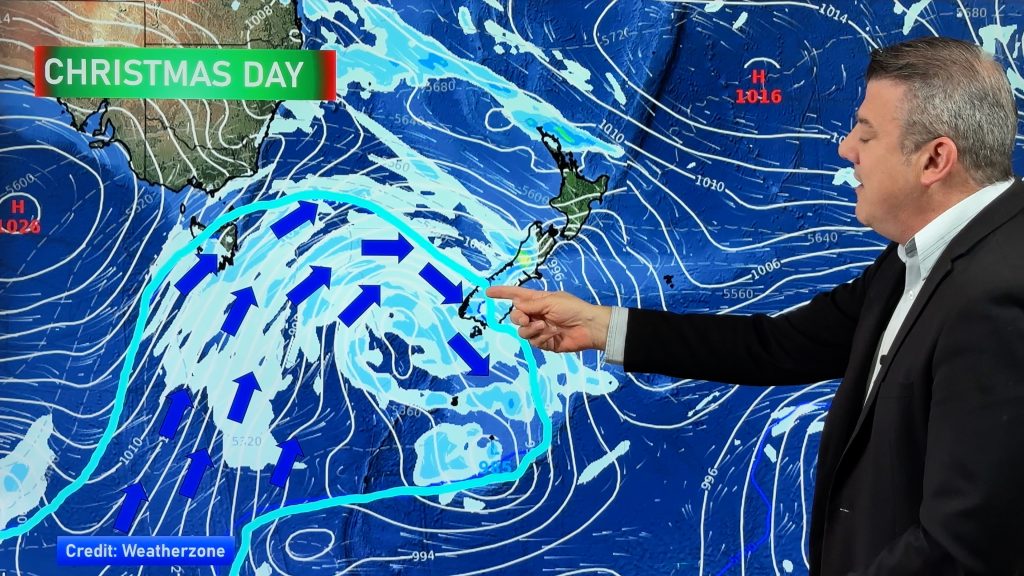Your web browser (Internet Explorer) is out of date. Some things will not look right and things might not work properly. Please download an up-to-date and free browser from here.
4:08pm, 23rd December
Home > News > Mega Wairarapa wind farm given consents...
Mega Wairarapa wind farm given consents
4/07/2013 11:00pm

> From the WeatherWatch archives
Genesis Energy has secured resource consents for what would be the largest wind farm in New Zealand, a 286-turbine development in a remote part of Wairarapa.
However, low demand growth for electricity means it is unlikely to be built for many years.
“With a 10-year lapse period and a 10-year construction period, the Castle Hill wind farm is a long term development option,” said chief executive Albert Brantley in a statement which confirmed there were no immediate plans to start construction.
Capable of producing 860 megawatts of electricity at full production, the development would dwarf the largest wind farm in New Zealand, Meridian Energy’s 62-turbine 143MW West Wind development in the hills west of Wellington.
Castle Hill would be sited north of Masterton and west of Eketahuna and is close to Contact Energy’s proposed 177MW wind farm at its Waitahora site, Mighty River Power’s proposal for a 318MW wind farm at Puketo, TrustPower’s Tararua wind farm, rated at 161MW, and a Meridian proposal for a 60MW wind development to the south, at Mt Munro.
None is in prospect of being built in the near future.
Opponents had appealed against resource consents granted by the Masterton and Tararua District Councils, the Greater Wellington and Horizons Regional Councils in June last year.
But Thursday’s announcement follows the resolution of outstanding issues by mutual agreement rather than Environment Court hearings.
Energy Minister Simon Bridges welcomed the announcement as “a major boost” for renewable energy investment, in line with a target to generate 90 percent of electricity from renewable sources by 2025.
– NZN
Comments
Before you add a new comment, take note this story was published on 4 Jul 2013.
Latest Video
Weather for Christmas & NYE: The good, the bad and the ugly…
Low pressure, windy weather, hot and cold – it’s all in the mix over the coming days, bringing both hot…
Related Articles
Weather for Christmas & NYE: The good, the bad and the ugly…
Low pressure, windy weather, hot and cold – it’s all in the mix over the coming days, bringing both hot…
Santa Tracker 2025
Track Santa’s progress this Christmas Eve with the 2025 WeatherWatch Santa Tracker! We expect Santa to show up some time…
Latest Christmas forecast + New Year’s Eve outlook
We have an extended forecast covering the rest of 2025 as a cold change looks set to kick in from…
Navigation
© 2025 WeatherWatch Services Ltd




Add new comment
Zelda Wynn on 5/07/2013 2:04am
Interesting to read elsewhere that Genesis thought power usage was too low (blame costs) to start immediately.
Reply